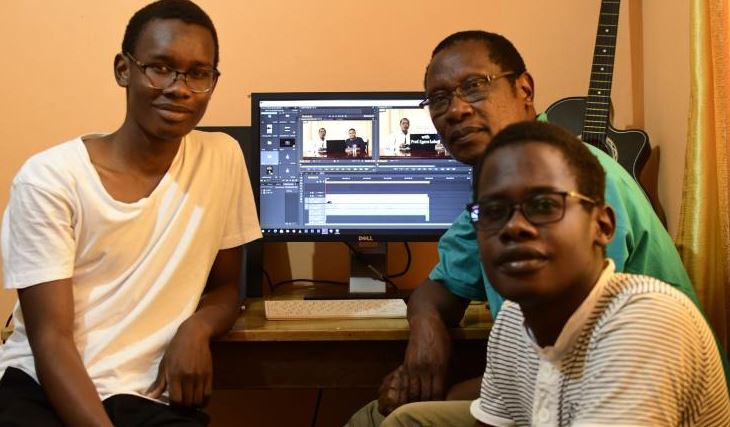×
The Standard e-Paper
Fearless, Trusted News

When Covid-19 struck, the government ordered the closure of schools and learning was paralysed.
Following the closure of learning institutions, and in line with the presidential directive on containment of the spread of the coronavirus disease, 15 million primary and secondary school learners are at home.







